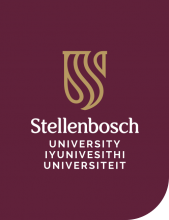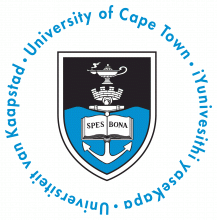Browse the full Emerging Economies University Rankings 2019 results
As the national assets that they are, universities are vital catalysts for addressing inequality and enabling inclusivity in our society. But they can fulfil this role only if they are both nationally responsive and globally competitive.
To successfully and simultaneously undertake these twin mandates, universities have to form part of a differentiated system in which different institutions have distinctive missions. All universities should deliver on their respective roles so that the diverse needs of the economy and society can be addressed collectively. In differentiated systems, some institutions produce vocational and technical skills, others develop first-degree graduates and professionals, while postgraduate and research-intensive institutions foster master’s, PhDs, research outputs and technological innovations. Each part of the system has a specific and important role to play in the development of our country. Across the world, the countries with the most successful economies are those with differentiated higher education systems.
South Africa’s multiple policy papers on higher education recognise the value of a differentiated system. Yet, the importance of differentiation does not seem to be internalised by stakeholders in higher education and government. The most recent manifestation of this disjuncture is the discourse emerging within some elements of government and the higher education sector that recommend that tuition fee increases must be lower for research-intensive universities than for other institutions.
On the surface, it may seem fair because these universities have the highest fees in the sector and need to lower them to equalise the fee structure in order to make the institutions more affordable. However, the logic of fairness ceases when one considers the distinctive mandates of research-intensive institutions.
In South Africa, for example, the five research-intensive universities – the University of the Witwatersrand, the University of Cape Town, the University of Pretoria, the University of KwaZulu-Natal and Stellenbosch University – together produce 52.1 per cent of the country’s higher education research output. Providing these institutions with a fee increase lower than other universities would in effect reduce the net resources available to the research-intensive universities and undermine their ability to deliver the vital contribution that they are making nationally. Although the intention may be to equalise the system, the system in fact requires the differentiation for us to achieve the goals of equality, accessibility and global competitiveness.
There is a need to develop other institutions that have been historically disadvantaged, and we welcome the South African government’s commitment to do so. But we cannot build a higher education system at the cost of compromising institutions at the apex of the system.
South Africa cannot build its higher education by taking resources from the research-intensive universities while still expecting the country to remain globally competitive. Such a move will not enhance the higher education system but instead push all of us into a system of undifferentiated institutions. The net effect would be a false equality in which all of us become the same and our ability to compete globally will be diminished.
Instead, we should build the sector by demanding that the research-intensive universities meet the national obligations of access and quality.
It is worth noting that in China and the Southeast Asian nations, selected institutions have been identified as research-intensive ones and have had resources poured into them to enable their competitive engagement in the global academy and economy.
We need to deploy South Africa’s research-intensive universities to meet the objectives of the nation: class mobility, addressing inequality, demographic transformation of our professional classes and ultimately contributing to the inclusive development of our society. This is the only way to address the historical injustices of our past.
Adam Habib is vice-chancellor and principal of the University of the Witwatersrand.
Register to continue
Why register?
- Registration is free and only takes a moment
- Once registered, you can read 3 articles a month
- Sign up for our newsletter
Subscribe
Or subscribe for unlimited access to:
- Unlimited access to news, views, insights & reviews
- Digital editions
- Digital access to THE’s university and college rankings analysis
Already registered or a current subscriber? Login











